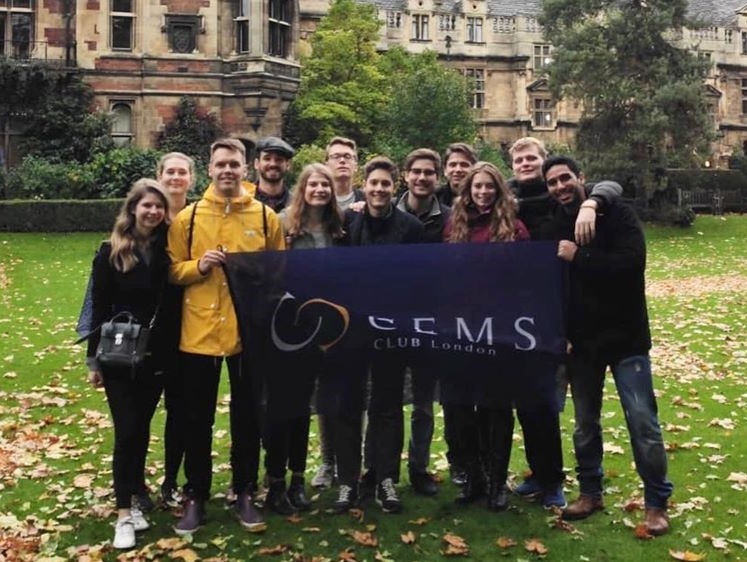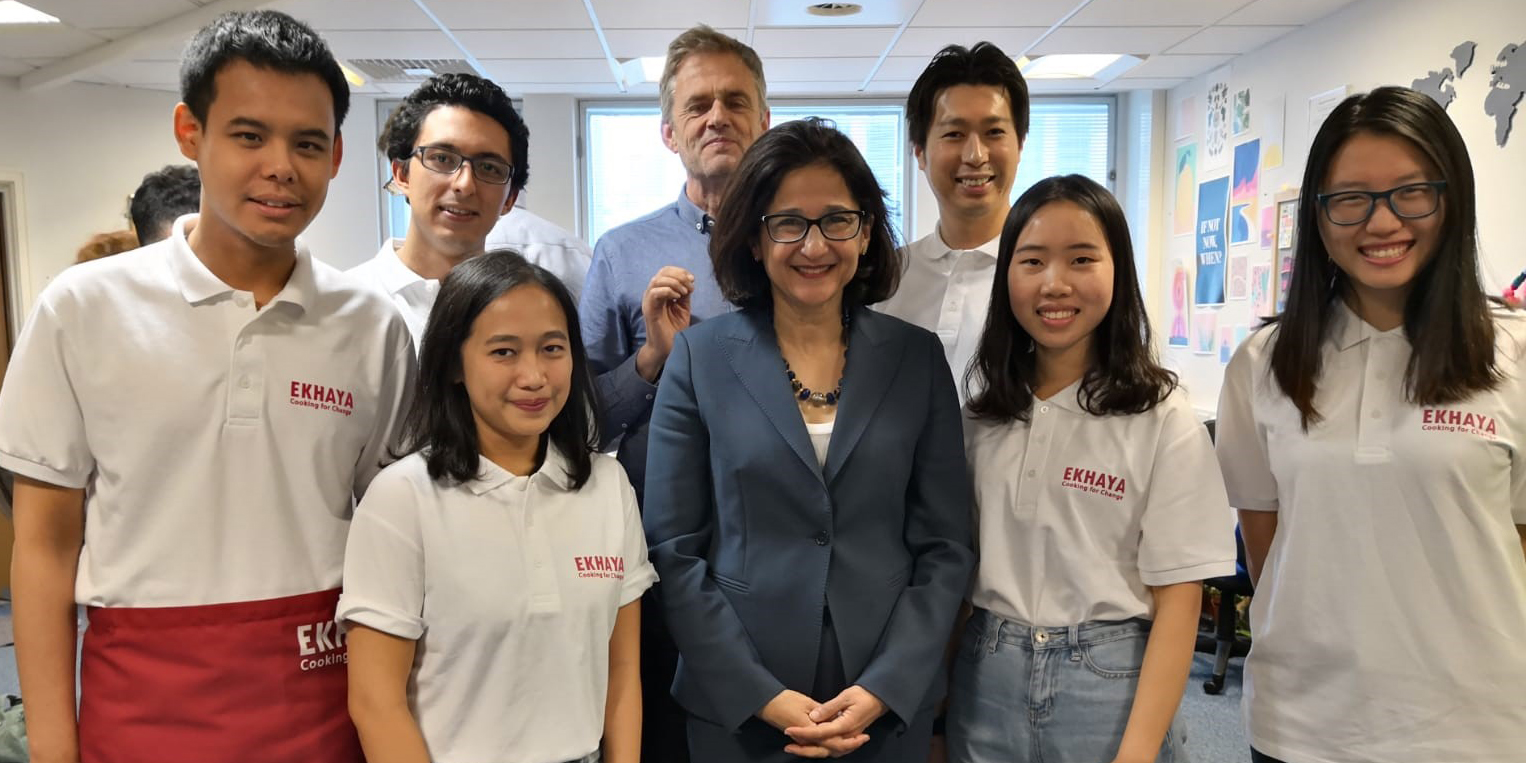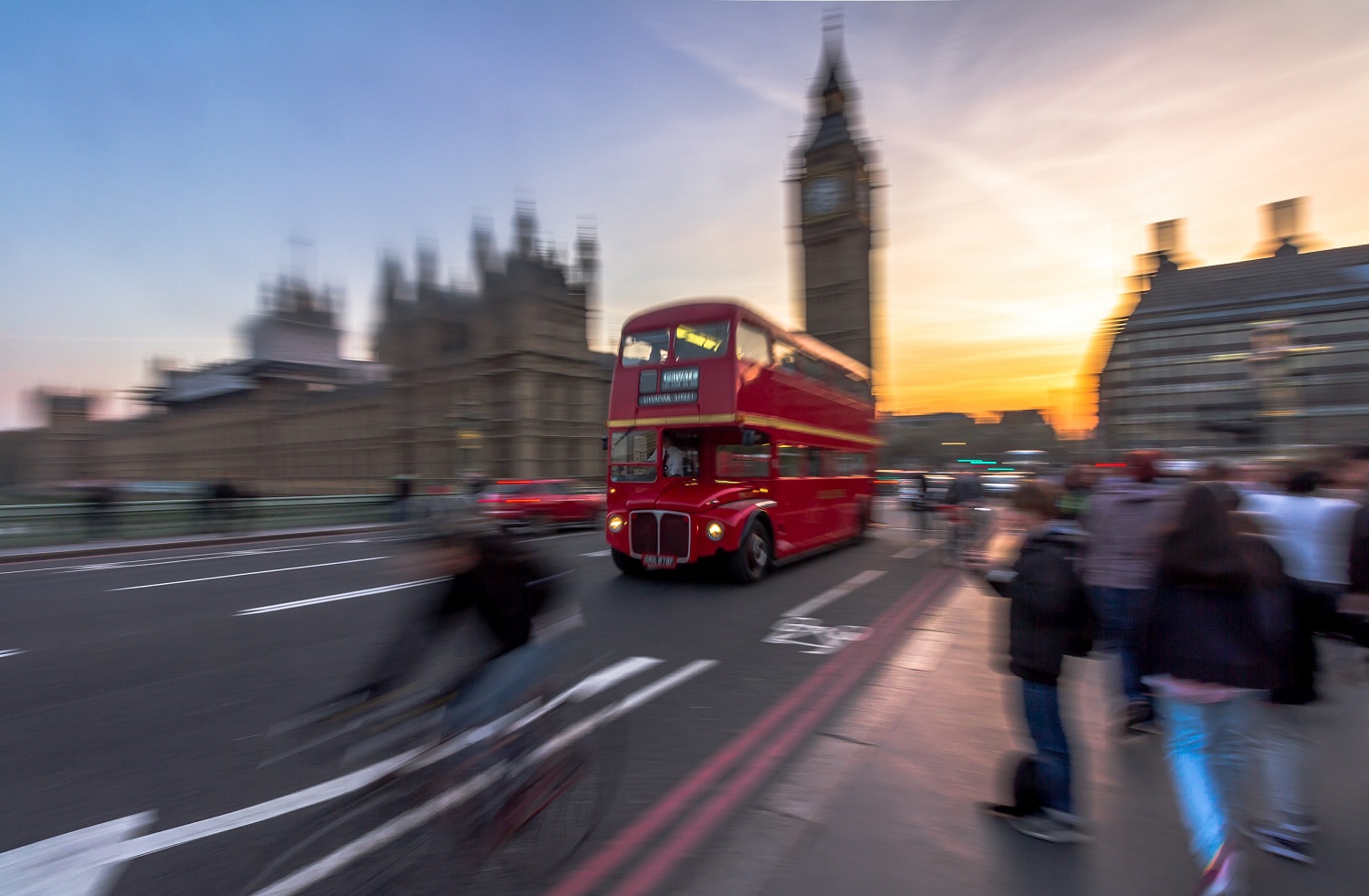MSc Marketing Student Ambassador, Abena Boateng, answers six common questions to help prospective students and offer holders on life at LSE and London from an African’s point of view.
So, you are coming from Africa?
If you are reading this, my guess is, you are an African curious about LSE and London and you wish to apply but wonder what to do and what to expect. Below are six FAQ style questions and answers to help give you a good insight into LSE and London from an African’s point of view, based on the frequent questions that I receive.
1. Would I fit in?
Do not worry about fitting in as we are all different with some similarities. You can find African students everywhere, but I will advise you to also mingle with others from different continents as well. My Chinese friends and I seem to have a lot in common because our cultures have some similarities that bond us.
It is always best to be open minded, go out and try new things. Your best university times emerge from spontaneity.
2. I want to apply but I do not know where to start.
It starts with the LSE website and ends on the website. I understand that the website is overflowing with information, but focus on your course of interest first. Requirements for each African country is different. Open the application early to eliminate anxiety and know what is required of you.
- Read blogs, understand the school life, resources and opportunities that will benefit you – from the careers team to societies.
- You may contact LSE students and alumni on LinkedIn for more insight.
- There are also UK application offices in some African countries that can guide you, alongside LSE admissions and visa advice (ISVAT) teams.
3. What scholarships are available?
LSE offers scholarships based on merit, for specific programmes and African countries. Always visit UK application offices and enquire if there are organisations in your country also open to sponsoring your education. Some companies pay the tuition of their employees especially if it benefits them. Be prepared to share your financial background, write essays and fill in additional forms.
4. What do I do before I arrive at LSE?
I recommend that you:
- Join LSE Facebook groups for all students, societies, accommodations, departments, and specific programmes. It is a great way to meet people before arrival.
- Apply for student accommodation early as the affordable accommodation goes. Be aware that for non-student accommodations you may have to pay council tax. Also, it is better to get an all bills included accommodation, so you do not have to worry about the monthly bills.
- Read reviews and ask current and alumni students for recommendations.
- Sign up for student discount apps like UNIDAYS as soon as you receive your school email so that you can start saving on arrival.
- Read the welcome week guide and LSE emails before arrival and I guarantee it will answer all your doubts.
5. I just arrived, what do I do next?
Get a sim card first, probably at the airport. It is always better to get to your accommodation, leave your belongings and head on for your Biometric residence permits (BRP) card at the location chosen when you applied for your visa, then you can register.
After registration, you should open a bank account.
6. What is the UK lifestyle like?
People here are nice so ask for help when needed. Even though, cost of living is high you can definitely bootstrap. Create a personal budget and search for budget friendly shops near you. Aldi and Lidl for groceries and Primark and H&M for clothing are ‘students go to’ shops. You should also purchase items in bulk and try out Shepherd’s Bush and Kumasi Central markets for African food ingredients.
The best way to get around is by walking, cycling, bus and train. Google maps and the app Citymapper is now your best guide to getting around. Use oyster cards for discounts on public transportation in London only.
For your entertainment, I recommend Africa Fashion Week, music festivals and Notting Hill carnival. LSE organises the LSE Africa Summit where prominent individuals in Africa are invited to share their knowledge on their areas of interest.
You may experience cultural shocks and a personal one is their online shopping lifestyle and their huge drinking culture. Students usually meet at pubs to socialise and as a non-drinker I had to find alternatives to socialise. Another is the weather. It’s cold, gloomy and rainy and UK summer comes with heat waves.
I would say that Africa as a continent is religious compared to Europe. As a Christian, I see a lot of differences in the Christian practices. You can find African churches all over London.
I believe your key to surviving and having the best time is to ask questions when in doubt. Always do your research before applying and before you arrive to London, and you will be more than fine.
Helpful websites
https://www.lse.ac.uk/study-at-lse/international-students
https://www.lse.ac.uk/africa/Opportunities/scholarships
https://www.lse.ac.uk/africa/Opportunities
https://blogs.lse.ac.uk/studentsatlse/2019/04/04/lse-student-accommodation/
https://blogs.lse.ac.uk/studentsatlse/2020/01/30/getting-around-london/
Learn more about our MSc Marketing programme










This was really helpful Abena, thank you!